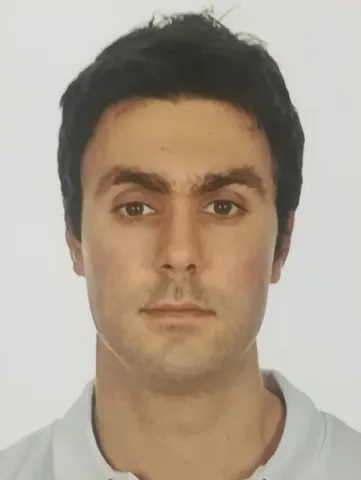About the project
The scope of this project is to advance our knowledge in nanophotonics by designing and fabricating nanoantennas that allow full control of the scattered field at the nanoscale. Single nanoantennas with arbitrary shape as well as arrays of coupled nanoantennas will be designed, fabricated and tested.
In the last decade, nanophotonics has emerged as one of the most important research fields in optics. A tiny nano-object plays the role of a nanoantenna: when excited by a light source, it scatters light in the surrounding environment in one or more directions that depend on its geometry and material. An important issue that has not been fully understood yet is how to control the directionality and power of this scattered radiation.
You will work at the Optoelectronics Research Centre of the University of Southampton, in the Multimode Photonics Group led by Dr. Massimiliano Guasoni. A collaboration is in place with the University of Brescia (Italy) and the Australian National University, which will allow you to travel and visit our Italian and Australian academic partners.
Besides gaining a theoretical understanding in nanophotonics, you will have the unique opportunity to learn how to fabricate and test nanoantennas in the state-of-the-art cleanrooms of the University of Southampton. You will have access to some among the best equipped laboratories and nanofabrication research facilities in the world, and to one of the most powerful supercomputers in UK.
You will directly interact on a daily basis with world-leading scientists at the ORC that are revolutionizing the field of photonics, and you will have the opportunity to engage with several ORC industrial partners to increase the impact of your work. Furthermore, you will present your work both in leading academic journals and in oral presentations at the most renowned conferences all over the world, which will allow you to engage with and learn from the best researchers worldwide.
In the first year of your PhD, a structured training program will run along with the research project, which will allow a gradual transition from a taught degree to independent research.
For all these reasons, at the end of your PhD you will be ready to undertake a successful career as a top research scientist or business leader both in academia and in industry. Many former PhD graduates at the ORC have become academic or industry leading scientists.
The Optoelectronics Research Centre is committed to promoting equality, diversity, and inclusivity, as demonstrated by the school’s Athena Swan award. We welcome all applicants regardless of their gender, ethnicity, disability, sexual orientation or age. We take personal circumstances into account, and will give full consideration to applicants seeking to study part time. The campus has onsite childcare facilities.
